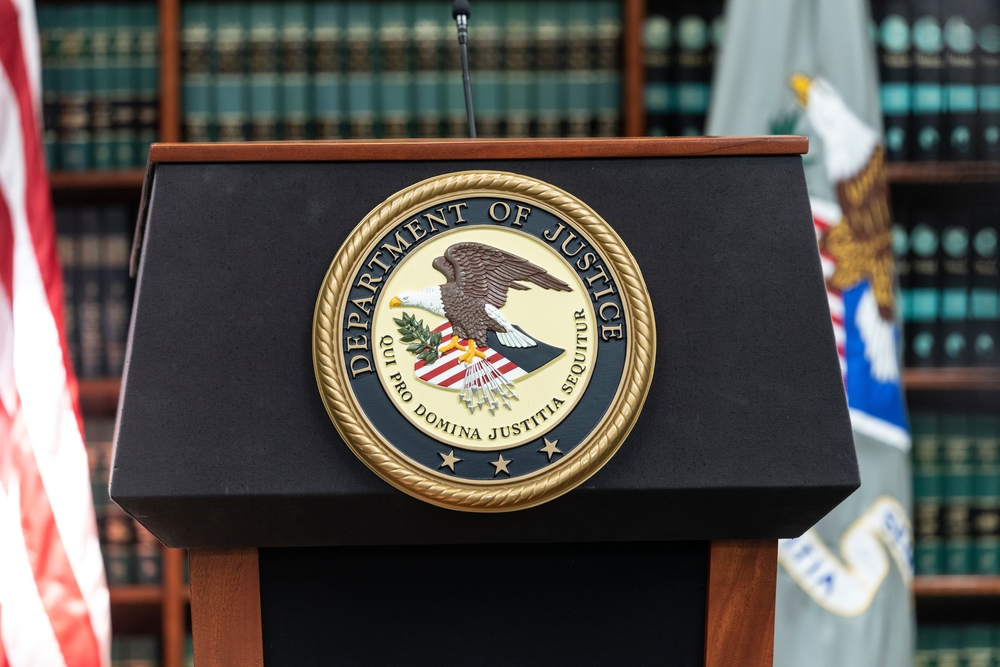The fall from grace hits different when it involves one of our own sports icons. Quentin Jackson — once celebrated for his electric performances at NC State and with the legendary Harlem Globetrotters — now faces seven years behind bars for orchestrating a multimillion-dollar fraud scheme targeting pandemic relief funds.
The 58-year-old former point guard, who once dazzled crowds with his signature moves, pleaded guilty to conspiracy to commit money laundering after exploiting the Paycheck Protection Program, or PPP, for nearly $4 million. The December 2023 sentencing marks a stunning reversal for a man who once represented excellence in both collegiate and professional basketball.
The playbook of deception
The game plan Jackson ran was carefully calculated, but ultimately self-destructive. Working alongside coconspirators Edward Whitaker and Lamont Taylor, Jackson leveraged his business connections and reputation to manipulate the PPP system designed to help small businesses weather the COVID-19 storm.
His strategy involved securing loans for companies under his control, and then orchestrating an elaborate scheme of false payroll documentation. Employees were instructed to cash their checks and return the funds directly to Jackson — a move that transformed legitimate relief payments into personal profit.
But Jackson didn’t stop there. Like a veteran player calling plays, he recruited others into the scheme, collecting fees for each new fraudulent borrower he brought into the fold. This expansion ultimately involved more than a dozen individuals, amplifying both the scope and severity of the fraud.
When the final buzzer sounds
The sentencing represents more than just personal consequences for Jackson. It stands as a sobering reminder of how the pandemic exposed both the best and worst of human nature. While many community leaders stepped up to support their neighborhoods during crisis, others saw opportunity in chaos.
The impact resonates particularly deep within our community, where sports figures often serve as beacons of possibility and achievement. Jackson’s actions not only betrayed public trust but also tarnished a legacy built on years of athletic excellence and cultural influence.
The federal response has been unequivocal. The Department of Justice and IRS have demonstrated their commitment to protecting pandemic relief funds intended for legitimate business owners who faced genuine hardship during unprecedented times.
Beyond the courtroom
This case transcends simple financial crime. It speaks to deeper issues of responsibility, integrity and the obligations that come with influence. The very program Jackson exploited was designed to be a lifeline for small businesses, many of them minority-owned establishments fighting to survive economic upheaval.
The seven-year sentence serves as more than punishment — it’s a clear message about accountability and the consequences of betraying community trust. While Jackson’s crossover moves once broke ankles on the court, his attempt to game the system ultimately broke faith with the very community that once celebrated his achievements.
As we continue processing the pandemic’s long-term effects on our communities, stories like Jackson’s remind us to remain vigilant. The true measure of character often reveals itself not in moments of triumph, but in times of crisis and temptation.
The legacy of this case will likely extend beyond the courtroom, serving as a cautionary tale about the price of compromising integrity for financial gain. In the end, no amount of athletic prowess or past glory can shield anyone from the consequences of fraudulent choices that harm our collective well-being.












